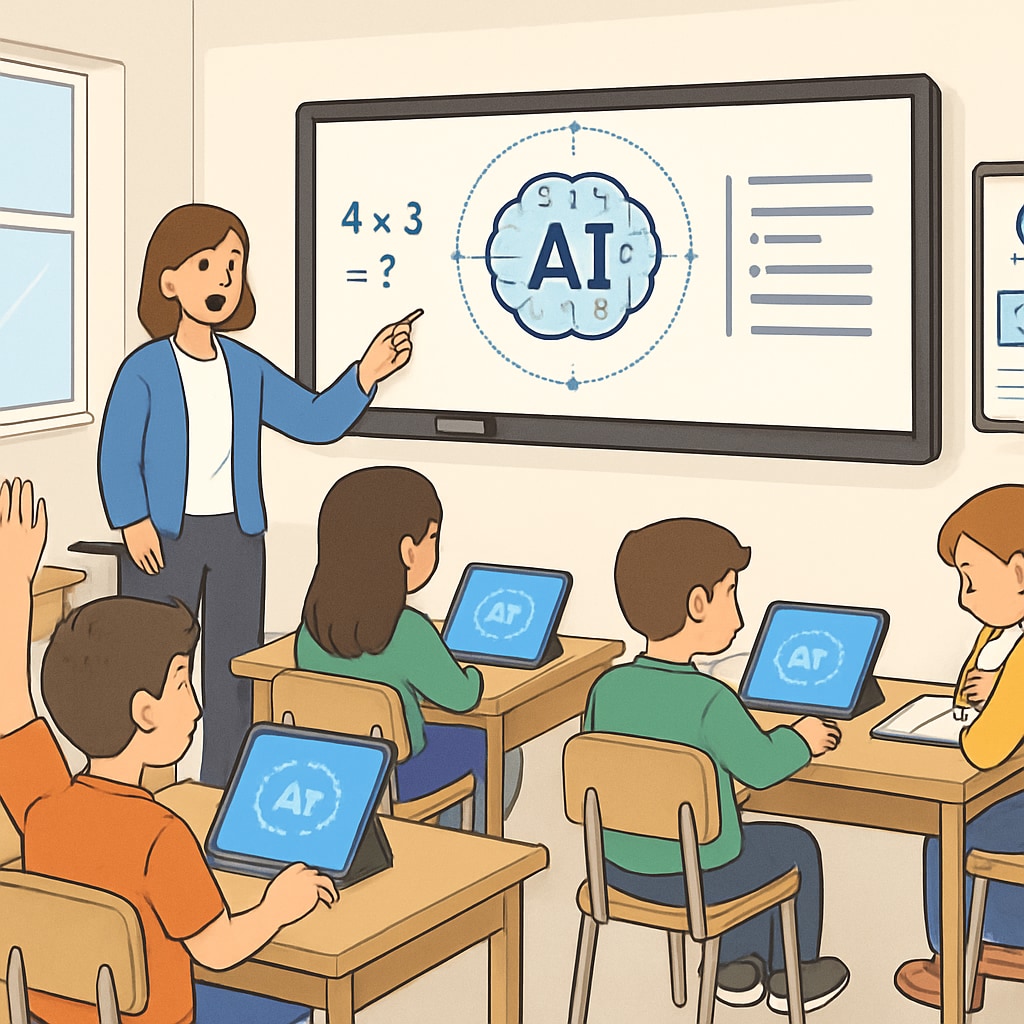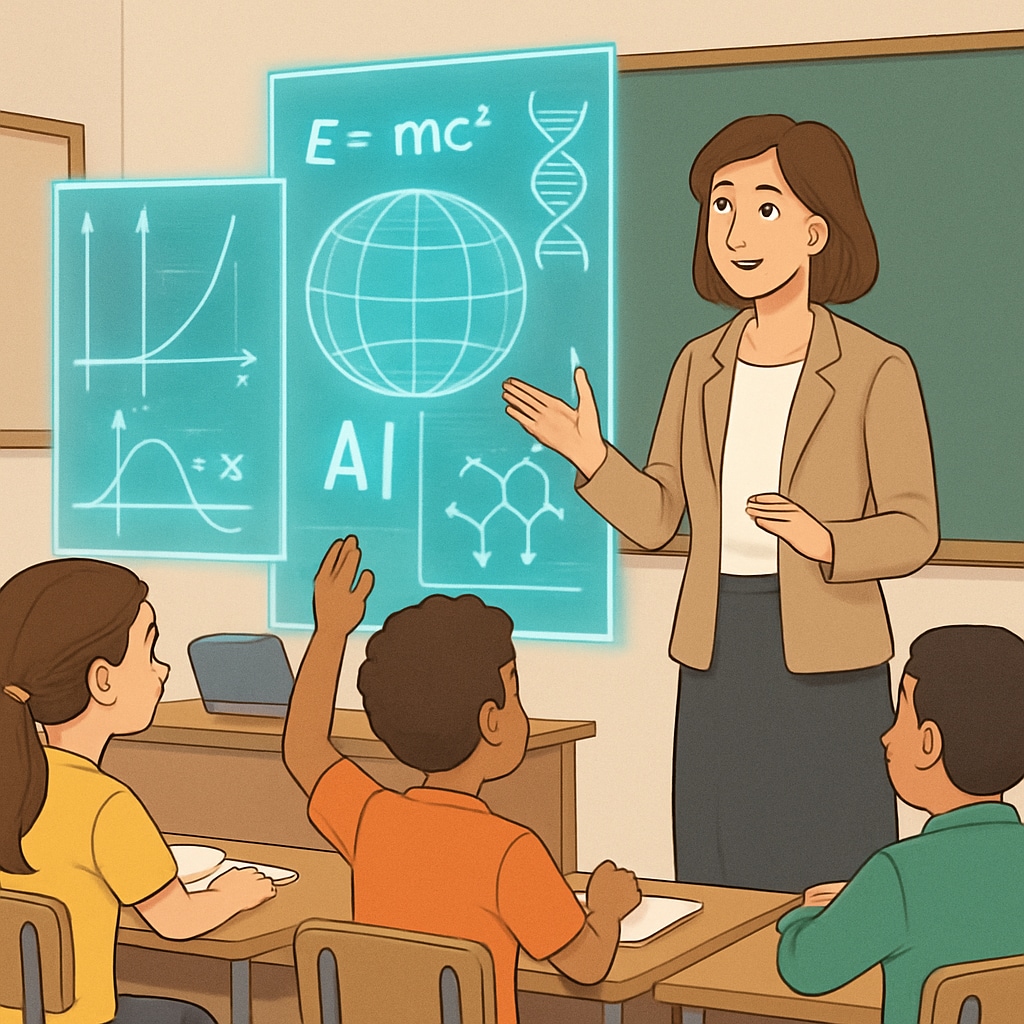The emergence of advanced AI tools, such as Google Gemini, is revolutionizing education. These AI education applications are reshaping teacher value and salary reassessment, raising critical questions about the future of the teaching profession. While technology enhances learning experiences, it also challenges traditional teaching roles, forcing educators to redefine their contributions and negotiate their worth in a rapidly evolving landscape.
How AI Education Tools Are Redefining Teacher Roles
Artificial intelligence is increasingly integrated into classrooms, offering personalized learning experiences, automated grading systems, and virtual tutors. Tools like Google Gemini promise to streamline many tasks traditionally handled by teachers. For example, AI can analyze student data to tailor lessons, identify learning gaps, and provide instant feedback. While these advancements are beneficial, they also risk reducing the perceived value of human educators.

In addition to automating administrative tasks, AI applications challenge the creative and emotional aspects of teaching. Teachers have traditionally been seen as mentors who inspire and connect with students on a human level. However, as AI becomes more adept at simulating these qualities, educators must focus on areas where human empathy and adaptability remain irreplaceable.
Teacher Value in the AI Era: Challenges and Opportunities
The core question is whether AI diminishes or enhances the value of teachers. On one hand, the automation of repetitive tasks allows educators to spend more time focusing on student development, fostering creativity, and addressing individual needs. On the other hand, the commoditization of certain teaching functions may lead to reduced salaries and diminished professional recognition.

To navigate these challenges, educators must embrace lifelong learning and adapt to new technologies. Professional development in AI literacy and digital pedagogy can empower teachers to remain indispensable in a tech-driven educational landscape. By mastering AI tools, teachers can reposition themselves as facilitators who integrate human expertise with technological capabilities.
Reassessing Salaries in the AI Age
As AI continues to alter the teaching profession, salary structures may need to be reevaluated. Traditionally, teacher pay has been based on experience, qualifications, and the scope of their responsibilities. With AI taking over tasks like lesson planning and grading, schools may argue for reduced compensation. However, educators skilled in AI integration could leverage their expertise to negotiate higher pay.
To ensure fair salary reassessment, educators and policymakers must work together to define new metrics for evaluating teacher contributions. These metrics could include proficiency in AI tools, ability to create personalized learning experiences, and the capacity to address social and emotional needs that AI cannot fulfill.
In addition, unions and advocacy groups may play a critical role in protecting teacher salaries and establishing guidelines for equitable pay structures in the AI era. Collective action can help ensure that educators are compensated fairly for their evolving roles.
Conclusion: Adapting to the AI Revolution in Education
While AI poses challenges to the teaching profession, it also offers opportunities for growth and innovation. Teachers who embrace technology, adapt their skillsets, and advocate for fair compensation can thrive in this new paradigm. By redefining their value and mastering AI tools, educators will remain essential in shaping the future of learning.
Ultimately, the integration of AI is not about replacing teachers but augmenting their capabilities. The focus should be on collaboration between human expertise and artificial intelligence to create a richer, more inclusive educational experience for students worldwide.
Readability guidance: The article uses short paragraphs and clear transitions to ensure readability. It balances technical insights with practical advice, aiming to empower educators facing AI-driven changes.


